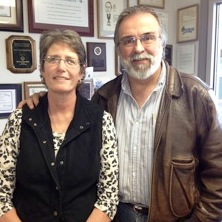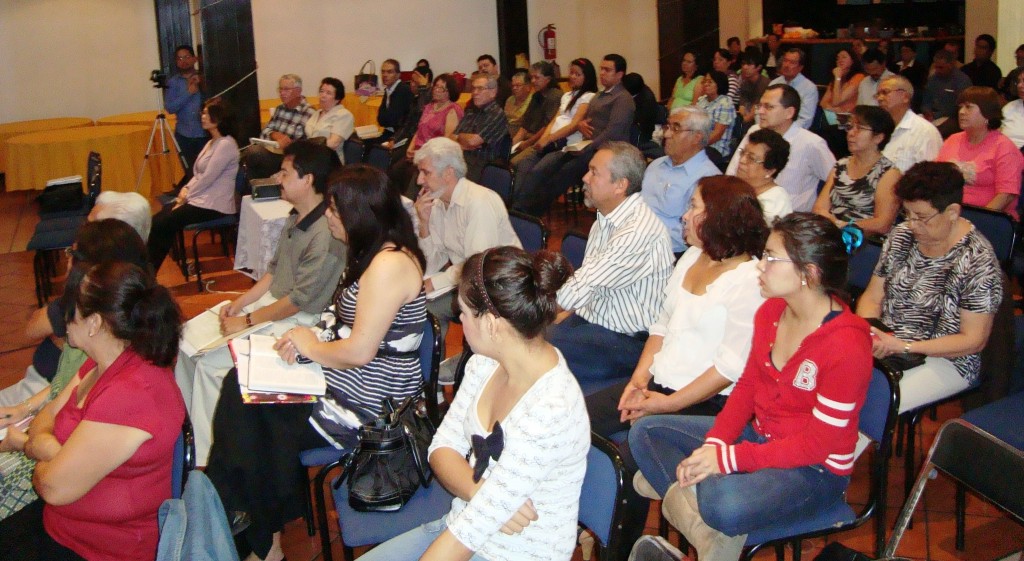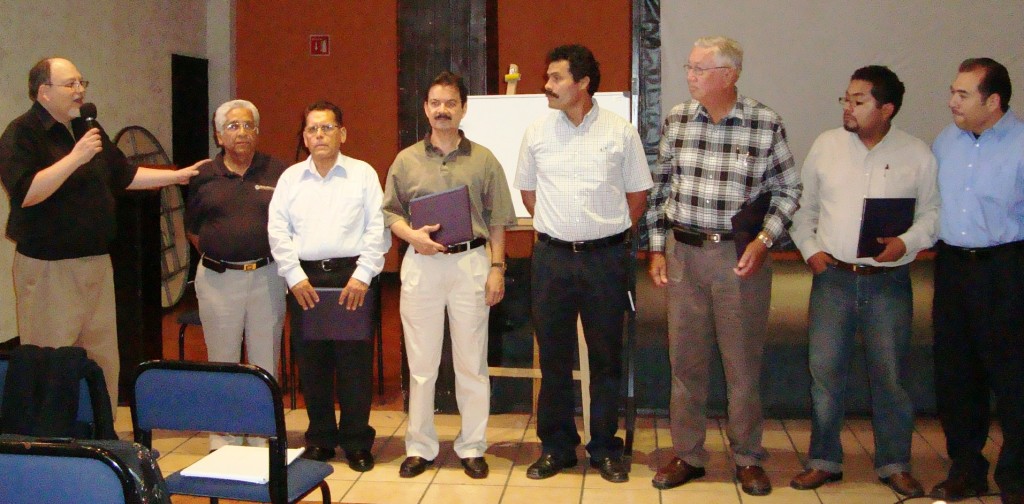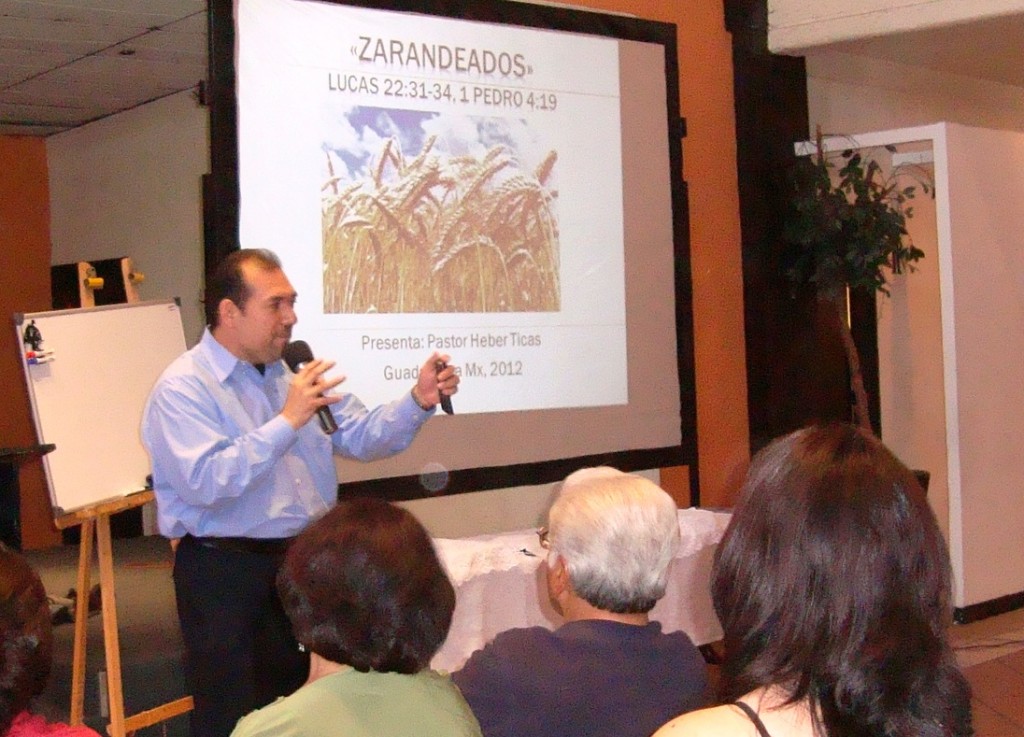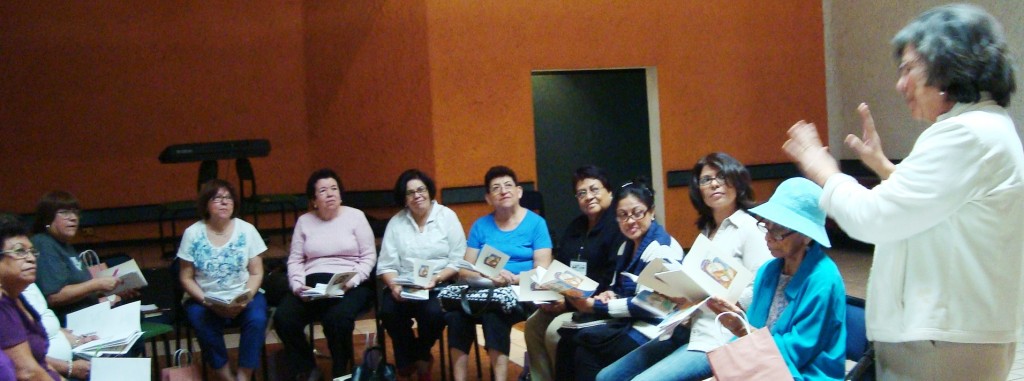Here is information from Mission America concerning trends in the church and society at large.
Christian Divorce—Updated Statistics
A recent article from the Gospel Coalition sets the record straight about erroneous statistics that have been published on the internet and used as illustrations from the pulpit. The statistic in question was that Christians divorce at roughly the same rate as the world. The research actually showed couples who regularly practice any combination of serious religious behaviors and attitudes (attend church nearly every week, read their Bibles and spiritual materials regularly; pray privately and together; generally take their faith seriously) have significantly lower divorce rates than mere church members, the general public and unbelievers. The research shows couples who are active in their faith are much less likely to divorce. Catholic couples were 31% less likely to divorce, Protestant couples 35% less likely, and Jewish couples 97% less likely. (Ed Stetzer, Church Report 9/28/12)
Digital Invasion
Dr. Archibald Hart, Sr. Prof. of Psychology at Fuller Seminary’s School of Psychology, maintains digital addictions have created a spiritual deficit. With 1 in every 9 people on the planet now on some form of social media, he calls it the “digital invasion.” Humans spend roughly 700 billion minutes per month on Facebook alone. Dr. Hart says, “It is making such an inroad to our lives that it is robbing us of the time that we need for spiritual discipline…to be still and know that He is God (Psalm 46:10). But we can’t be still anymore. People are not spending time in prayer as they used to because they are distracted all the time. It’s our misuse of technology that is the problem, and the misuse of it being reprogrammed for speed and not for content. But more than that, this wonderful technology that comes from the fantastic brain that God has given us is now actively coming between us and God.” He offers these suggestions: Do not check your smartphone until after morning devotions. End your digital day at 9:00 p.m. Do not check your smartphone when having lunch or dinner with a friend, or leave the phone in your car. Take a digital fast every Sunday. No digital gadgets at meal times. Limit checking e-mails or texts to once an hour. Try not to talk on your phone to virtual people when real people are in front of you. Pray daily for God to help you become a good steward of your virtual life. (OneNewsNow 10/13/12)
Big Birth Rate Decline
The number of U.S. births has been dropping since 2007, when they peaked at 4.3 million just before the economic downturn. But now, substantial declines among certain segments of women suggest a deeper and potentially longer-lasting change in childbearing. A demographer-anticipated mini-baby boom never materialized. Instead, 2011 National Center for Health Statistics stats shows: The number of births to teens 15–19 dropped 10%, the fewest since 1946. The rate has declined more than 3% a year since 1991. The number of births to women 20–24 declined 3% from 2010 to 2011, and the birth rate dropped 5%. The birth rate is the lowest ever recorded in the U.S. For 25–29s, the birth rate was the lowest since 1976. The pace of decline in the teen birth rate has accelerated since 2007, and since then there’s been a 25% drop. The total number of births to unmarried women declined 2%. In 2011, the non-marital birth rate dipped 3%. Since 2008, it has dropped 11%. In 2011 the rate of people starting families went down 2%. (USA Today 10/3/12)
Debt an Enemy of the Church
R. Albert Mohler Jr., president of Southern Baptist Theological Seminary, recently exhorted Southern Baptists, “If your concern is to get young people into the churches or on the mission fields, the greatest enemy other than Satan himself is educational debt, because there are far too many young people graduating who are slaves to that debt when they need to be unfettered slaves to Christ.” Student loan debt, which surpassed $1 trillion in late 2011, surpassed credit card debt ($975.7 billion) in 2008 as the leading cause of debt in the U.S. While credit card debt is decreasing, student loan debt continues to rise, with the average student amassing $25,250 in educational loans. Unlike card debt, which can be refinanced or wiped out with bankruptcy, student loans will not go away. Even in bankruptcy, the individual is expected to repay his or her loan. (Baptist Press 10/11/12)
Crushing Debt
USA Today reports that only 1 in 5 people use a monthly budget. As a result, the majority are swimming in debt. In fact, half of the families surveyed spend between $2,500 and $5,000 a month on debt payments alone! Meanwhile, the U.S. Bureau of Labor Statistics reports Americans put barely 1% of their income in savings. (Thriving Pastor 10/1/12)
Shorter Life Spans
The most educated Americans are making the biggest gains in life expectancy, but now they say mortality data show that life spans for some of the least educated Americans are actually contracting. Four studies in recent years identified modest declines, but a new one that looks separately at Americans lacking a high school diploma found disturbingly sharp drops in life expectancy for whites in this group. The reasons for the decline remain unclear, but researchers offered possible explanations, including a spike in prescription drug overdoses among young whites, higher rates of smoking among less educated white women, rising obesity, and a steady increase in the number of the least educated Americans who lack health insurance. The steepest declines were for white women without a high school diploma, who lost 5 years of life between 1990 and 2008. White men lacking a high school diploma lost 3 years of life. Life expectancy for both blacks and Hispanics of the same education level rose. But blacks overall do not live as long as whites, while Hispanics live longer than both whites and blacks. (NY Times 9/21/12)



